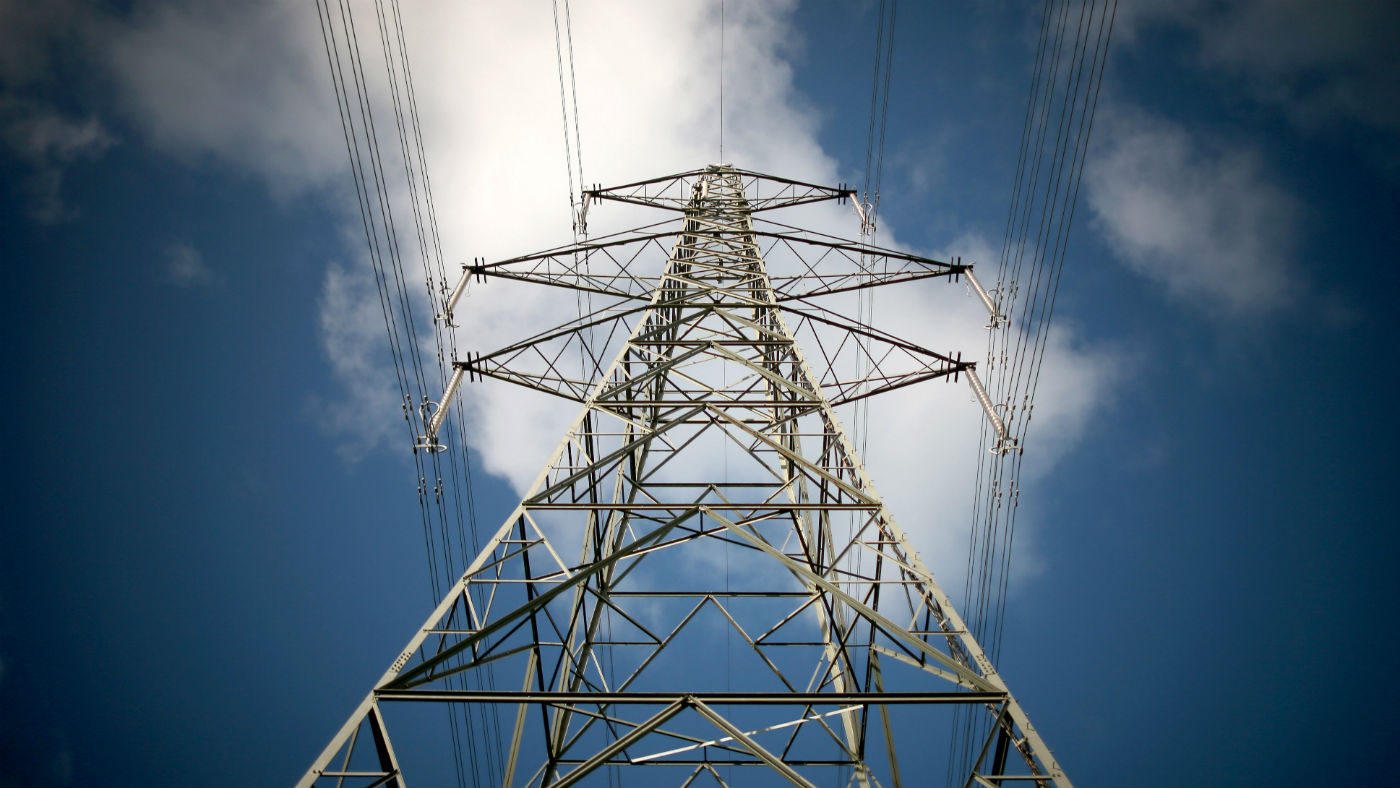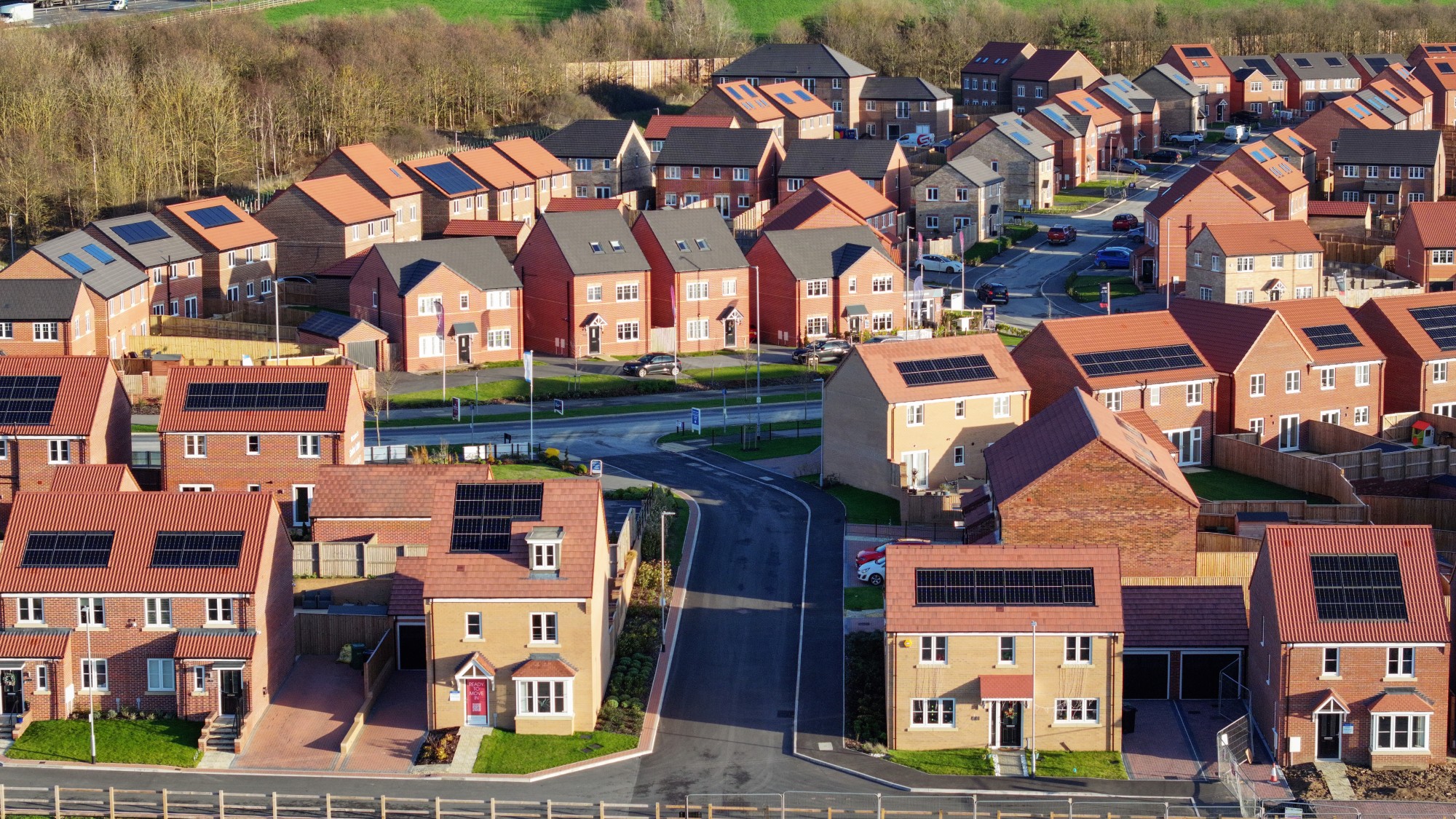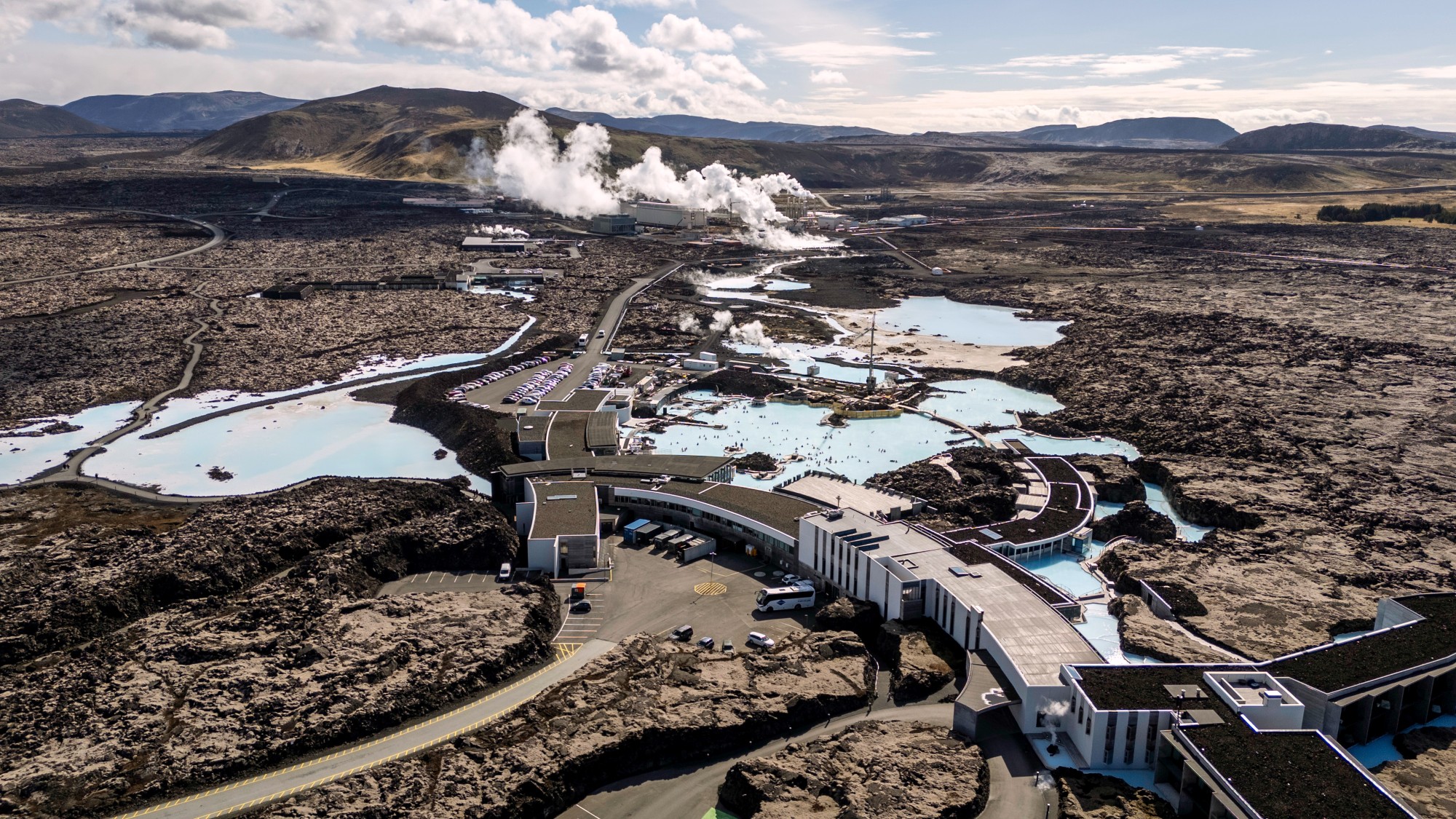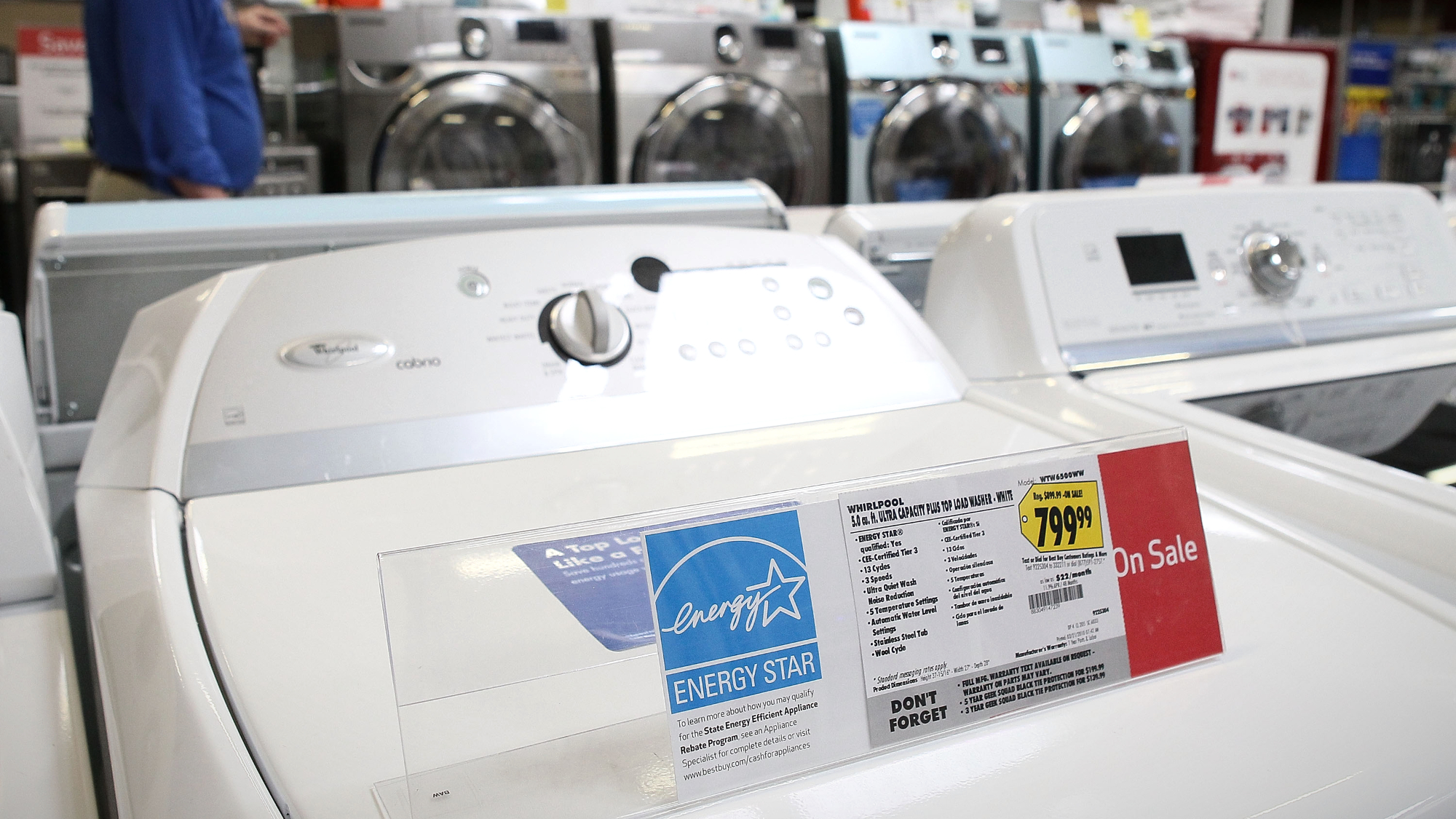What will energy nationalisation cost?
Labour plans to take over gas and energy networks criticised by business groups

A free daily email with the biggest news stories of the day – and the best features from TheWeek.com
You are now subscribed
Your newsletter sign-up was successful
Labour’s plans to nationalise the UK’s £60 billion gas and energy network has been attacked by business groups and the National Grid, who warn the move would damage investment and delay progress towards greener energy.
Jeremy Corbyn is expected to outline plans later today that would transfer companies including National Grid and the network arms of Scottish Power and SSE, to public ownership soon after a Labour election win.
Labour’s 2017 manifesto vowed to return networks to public ownership “but the leaked plan sets out how it would do so for the first time,” says The Times.
The Week
Escape your echo chamber. Get the facts behind the news, plus analysis from multiple perspectives.

Sign up for The Week's Free Newsletters
From our morning news briefing to a weekly Good News Newsletter, get the best of The Week delivered directly to your inbox.
From our morning news briefing to a weekly Good News Newsletter, get the best of The Week delivered directly to your inbox.
The document leaked to the Financial Times suggests national, regional and municipal energy agencies could replace private networks, with streets villages and housing estates could be handed responsibility for operating and maintaining the electricity cables and meters that supply their homes.
Using the same legislation that was used to nationalise Northern Rock, to justify the party naming its own price for the infrastructure, shareholders in companies that own the networks would be unlikely to be paid the market value for their asset. Instead the party promises to compensate shareholders with bonds, which would make the proposal “cost neutral to the public purse”.
Britain's electricity industry was privatised in 1990, with the National Grid initially owned by 12 regional electricity companies. It was floated on the stock exchange five years later and today is a FTSE 100 company with a market value of £29bn.
Labour points to research by Citizens Advice that estimates that the networks have made £7.5 billion in excess profits in the past eight year. It adds that public ownership would help the shift to green energy.
A free daily email with the biggest news stories of the day – and the best features from TheWeek.com
“The looming risk posed by Jeremy Corbyn’s threat to nationalise the UK’s £60bn energy networks industry has stalked the City for months,” writes the Daily Telegraph’s energy editor Jillian Ambrose, but “the sweeping strategy goes far beyond the City's worst fears”.
The UK’s leading business lobby group has warned the plan would make the country poorer, hinder efforts to tackle climate change, and threatens a return to the frequent power cuts of the past.
The CBI said the proposals amounted to hanging a “closed” sign above the UK, with renationalisation delivering “a triple whammy neither citizens nor the country can afford”.
Matthew Fell, the CBI’s chief UK policy director, said: “Much-needed investment is drying up under Labour’s threats, which seriously risks hampering efforts to tackle climate change, and puts in doubt the innovation that will deliver a net-zero carbon economy”.
The Guardian says nationalisation of the energy networks “forms a central part of Labour’s plans to address climate change, with the party arguing that the profits generated from the infrastructure should be invested in the green economy rather than given to shareholders in the form of dividends”.
However, the National Grid has said the plans would damage investment and delay progress towards greener energy.
One industry source said: “Labour propose ripping up one of the world’s best performing electricity systems for the most convoluted, inefficient, swamp of red tape, worse than anything from the 1970s.”
However, the nationalisation plans could prove popular with the public.
Britain’s gas and electricity networks are large monopolies owned by listed companies. They generate their revenues from consumers who are charged through their energy bills.
Network companies have come under growing scrutiny for what consumer group Citizens Advice has called “eye-watering” and “unjustified” profits.
The FT says Ofgem, the UK energy watchdog, “has sought to address concerns by proposing to slash roughly in half the amount that gas and electricity transmission networks can pay their investors from 2021”.
But the Labour paper said the arrangements needed a total overhaul because “gaming and profiteering” were “intrinsic” parts of the current system. “The status quo is no longer tenable,” it added.
-
 Moltbook: The AI-only social network
Moltbook: The AI-only social networkFeature Bots interact on Moltbook like humans use Reddit
-
 Judge orders Washington slavery exhibit restored
Judge orders Washington slavery exhibit restoredSpeed Read The Trump administration took down displays about slavery at the President’s House Site in Philadelphia
-
 Kurt Olsen: Trump’s ‘Stop the Steal’ lawyer playing a major White House role
Kurt Olsen: Trump’s ‘Stop the Steal’ lawyer playing a major White House roleIn the Spotlight Olsen reportedly has access to significant U.S. intelligence
-
 Zero-bills homes: how you could pay nothing for your energy
Zero-bills homes: how you could pay nothing for your energyThe Explainer The scheme, introduced by Octopus Energy, uses ‘bill-busting’ and ‘cutting-edge’ technology to remove energy bills altogether
-
 Pros and cons of geothermal energy
Pros and cons of geothermal energyPros and Cons Renewable source is environmentally friendly but it is location-specific
-
 Builders return to the stone age
Builders return to the stone ageUnder the Radar With brick building becoming ‘increasingly unsustainable’, could a reversion to stone be the future?
-
 Megabatteries are powering up clean energy
Megabatteries are powering up clean energyUnder the radar They can store and release excess energy
-
 Renewables top coal as Trump seeks reversal
Renewables top coal as Trump seeks reversalSpeed Read For the first time, renewable energy sources generated more power than coal, said a new report
-
 EPA is reportedly killing Energy Star program
EPA is reportedly killing Energy Star programspeed read The program for energy-efficient home appliances has saved consumers billions in energy costs since its 1992 launch
-
 Pakistan's solar panel boom
Pakistan's solar panel boomUnder The Radar A 'perfect storm' has created a solar 'revolution' in the south Asian country
-
 Airlines ramp up the hunt for sustainable aviation fuel
Airlines ramp up the hunt for sustainable aviation fuelUnder The Radar Several large airlines have announced sustainability goals for the coming decades